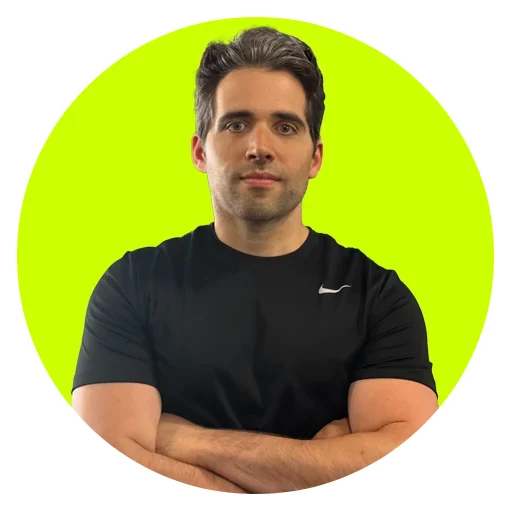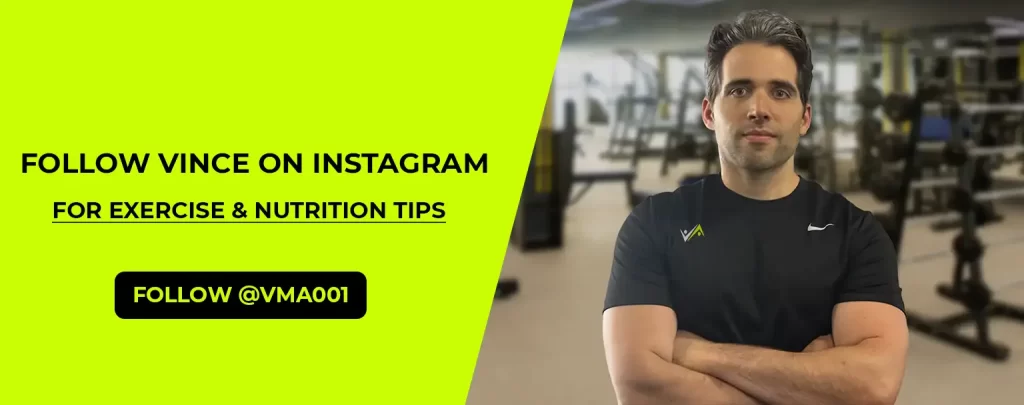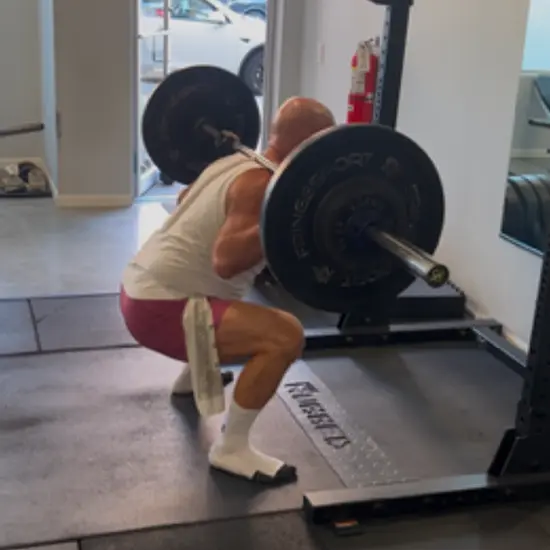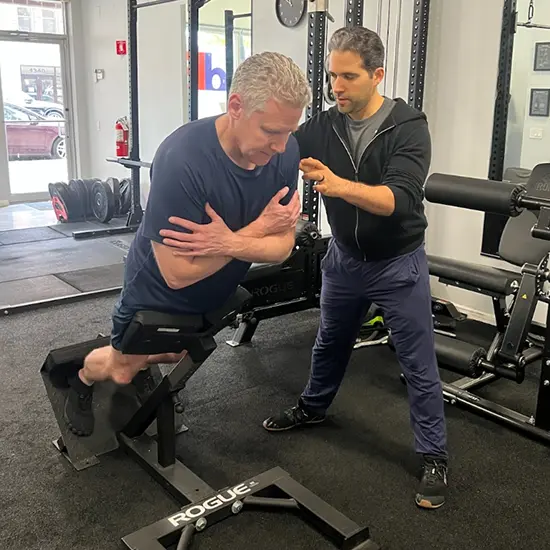Table of Contents (_workinprogress_)
Let’s talk about something that might seem counterintuitive at first: the days you spend not working out are just as crucial for your fitness journey as the days you spend crushing it at the gym.
If you are new to gym scheduling, you might think more is always better. But here’s the truth—those rest days aren’t just important; they’re essential.
The Science Behind Recovery
Your muscles are constantly going through a process of breakdown and rebuild. When you exercise, you’re challenging your muscles to adapt and grow stronger. But here’s the key – the actual strengthening doesn’t happen during your workout. It happens afterward, when your body repairs the small muscle tears from exercise, building them back stronger than before. Without proper rest, you’re just continuing to break down without giving your body the chance to rebuild.
During recovery days, several crucial processes happen:
- Your muscles repair and strengthen
- Your energy stores (glycogen) replenish
- Your nervous system resets
- Your body reduces inflammation
- Your joints and connective tissues heal
Signs You Need a Recovery Day
Your body has a wonderful way of telling you when it needs rest. Here are some signs to watch for:
- Persistent muscle soreness that doesn’t improve
- Decreased performance in your usual workouts
- Trouble sleeping (despite feeling tired)
- Irritability or mood changes
- Unusual fatigue throughout the day
- Lack of motivation to exercise
- Minor injuries that won’t heal
If you’re experiencing several of these symptoms, your body is practically begging for a recovery day.
Types of Recovery Days
Not all recovery days need to look the same. Here’s how to make the most of them.
Active Recovery
This involves light movement that promotes blood flow without stressing your body. Think of activities like:
- Gentle walking
- Light swimming
- Easy cycling [1]
- Basic yoga
- Stretching
Complete Rest
Sometimes, your body needs total rest. This might mean:
- Extra sleep
- Meditation
- Light stretching
- Reading a book
- Simply relaxing
Making the Most of Your Recovery
Recovery isn’t just about staying out of the gym. You can also optimize your rest days by…
Sleep Quality
Your body does its best repair work during deep sleep. Aim for 7-9 hours and create a consistent sleep schedule. Keep your bedroom cool, dark, and free from electronics.
Nutrition
Recovery days are not “cheat days.” [2] Instead, focus on:
- Adequate protein for muscle repair
- Complex carbohydrates to restore energy
- Healthy fats for hormone production
- Plenty of water for hydration
- Fruits and vegetables for antioxidants
Stress Management
High stress levels can impact recovery. Try:
- Deep breathing exercises
- Gentle walks in nature
- Meditation or mindfulness
- Quality time with friends and family
- Relaxing hobbies
The Mental Game of Recovery
One of the challenges you might stumble into is the guilt of taking rest days. Remember, recovery isn’t lazy – it’s strategic. Think of professional athletes. They don’t train at maximum intensity every day. Instead, they follow carefully planned training cycles that include dedicated recovery periods.
Finding Your Recovery Sweet Spot
Everyone’s recovery needs are different. Factors that influence your optimal recovery schedule include:
- Your fitness level
- Age
- Training intensity
- Sleep quality
- Stress levels
- Nutrition habits
- Overall health
As a general guideline, most people benefit from 1-2 full rest days per week, with additional active recovery days as needed.
Signs Your Recovery Strategy is Working
You’ll know you’re getting adequate recovery when:
- You feel energized returning to workouts
- Your performance gradually improves
- You’re sleeping well
- Your mood is stable
- You look forward to training
- Your body feels strong and capable
Common Recovery Mistakes to Avoid
- Treating recovery days as “cheat days”
- Feeling guilty about taking needed rest
- Pushing through obvious signs of fatigue
- Skipping warm-ups and cool-downs
- Neglecting sleep
- Not staying hydrated
- Maintaining high stress levels
Planning Your Recovery
Just as you plan your workouts, plan your recovery:
-
- Schedule rest days in advance
- Listen to your body’s signals
- Adjust based on your energy levels
- Track your sleep quality
- Monitor your progress
- Be flexible when needed
The Bottom Line
Recovery isn’t just about physical repair – it’s about creating a sustainable, lifelong approach to fitness. As your trainer, I want you to think beyond the “no pain, no gain” mentality. True fitness is about building strength, endurance, and resilience over time, and that requires a smart approach to both training and recovery.
When you embrace recovery as an essential part of your fitness journey, you’ll likely find yourself:
- Performing better during workouts
- Experiencing fewer injuries
- Enjoying your fitness routine more
- Making consistent progress
- Feeling more energized overall
Remember, the goal isn’t to work out as much as possible – it’s to work out as effectively as possible. And that means giving your body the recovery time it needs to adapt, grow stronger, and prepare for your next challenging workout.
Need help creating a balanced training schedule that includes proper recovery? As a personal trainer here in Chicago, I’d love to help you develop a personalized plan that optimizes both your workout and recovery days. Let’s work together to achieve your fitness goals the smart way.
External Links
[1] 7 Effective Active Recovery Workouts – Method Gym – click here.
[2] 5 Rest Day Mistakes to Avoid on Your Next Day Off from the Gym – Aaptiv – click here.
Read Also
Meal Prep 101: Planning Your Nutrition for the Week – click here.
The Link Between Nutrition and Mood – click here.

Vince Alessia
Fitness & Nutrition Expert
As his passion for health and wellness grew, Vince went on to pursue a bachelors degree in Nutrition at the University of Illinois at Chicago as well as becoming a Certified Personal Trainer. Believing in continuing education, he did not stop there, he also received his certification from the National Academy of Sports Medicine.






